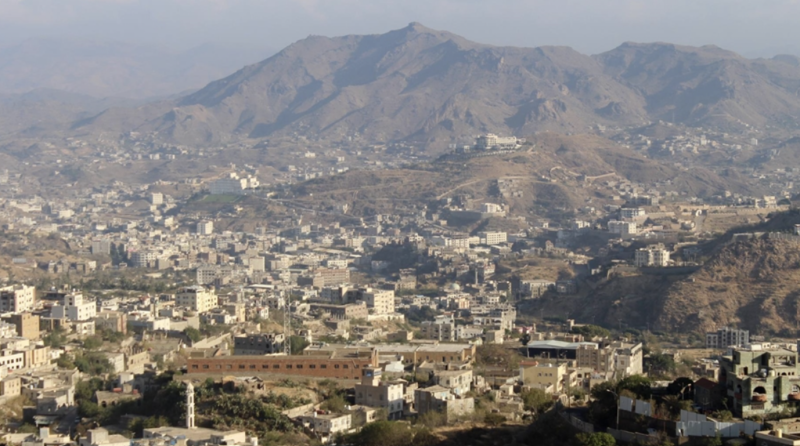Griffiths Urges Support for his Efforts to Solve Hodeidah Revenues Dispute


UN envoy to Yemen Martin Griffiths has urged the country’s rivals to support his efforts to reach a solution serving the interests of the Yemeni people as the government and Houthi militias are locked in a dispute on the revenues of Hodeidah port.
“I appeal to the government of Yemen and Houthis to engage constructively and expeditiously with my efforts to allow ships into Hodeidah port and to use revenues to support civil servant salaries,” Griffiths wrote on Twitter Friday.
“It is essential to find a solution that serves the best interests of the Yemeni people,” he said.
Griffiths appears to be exerting efforts to revive an agreement reached last year between Yemen’s legitimate government and the Houthis, for the payment of port revenues to the Central Bank so that civil servants receive their salaries.
Earlier this month, the government of Maeen Abdulmalik accused the pro-Iran militias of stealing some 35 billion Yemeni riyals (roughly $53.9 million) worth of salaries for civil servants from an account at the Hodeidah-based Central Bank branch using fees from oil imports at the port.
The dispute over the port’s revenues led to a dire fuel crisis in Houthi-controlled areas after the militias prevented shiploads from entering the port.
Vehicles in Sanaa and other areas queued for hours to receive the shares of fuel set by the Houthis for each car.
On his Twitter account, Yemen’s Information Minister Moammar al-Eryani wrote about the government’s efforts to alleviate the people’s suffering in Houthi-controlled areas and to break the militia’s monopoly of fuel trade.
“In black market, the price of 20 liter of fuel reached 15,000 riyals, whereas Tehran’s mercenaries prevent more than 150 oil trailers from entering their areas of control,” he wrote.
The Minister said that instead of facilitating passage of these 150 trailers loaded with fuels to the “hijacked capital Sanaa and other areas, Houthis continue to detain them at the checkpoints and they threaten the owners of trailers, intentionally fabricating the crisis and reviving the black market.”
Eryani said that after exposing the insurgents’ trade in fuel and extortion of people, the militias claimed that the fuel doesn’t match specifications to justify its seizure.
“The truth is that these quantities were imported legally and are subject to technical inspection, and examination by specialized international companies confirm their validity,” he wrote.

Sana'a -- The leader of Yemen’s Houthi rebels warned that any Israeli presence in Somaliland would be considered a “military target,&rd…

Aden -- Yemen’s Southern Transitional Council (STC) said that it is getting closer to declaring an independent state in the south. &l…

Hadramout – The Southern Transitional Council (STC) forces announced Sunday the discovery and seizure of an illegal, makeshift oil refinery h…